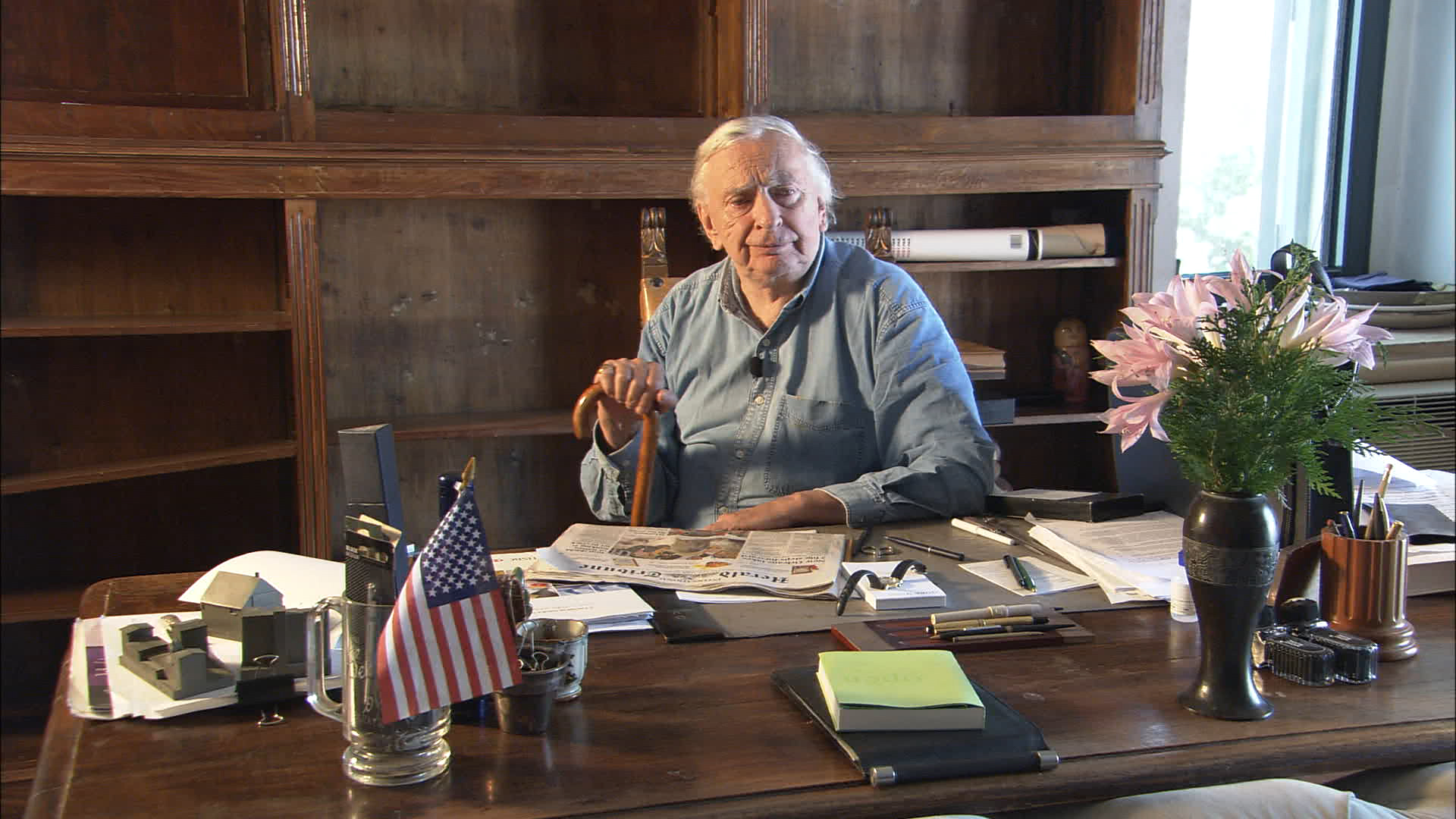Gore Vidal: The United
States of Amnesia
Opens Fri., June 6 at Varsity. Not rated. 89 minutes.
When Gore Vidal died two years ago, he got the long obituaries he deserved in The New York Times and elsewhere. But who reads such obituaries today, or the Times, or remembers Vidal? It’s a dwindling group of paleoliberals shaped by FDR and World War II, who opposed the Vietnam War, who’ve been pushed to the political sidelines for the past 40 years. Director Nicholas Wrathall began his new tribute documentary in 2005, and it includes some new interviews made before Vidal’s decline. If Vidal was, in his last decade, bitter about being marginalized and old, he doesn’t show it here. He’s more rueful, and ever quotable, as he prepares to leave his stunning cliffside home in Ravello, Italy, his partner of 50 years having predeceased him. He’s pushed in a wheelchair to various speaking engagements—in a sense being pushed to the grave.
I don’t mean to suggest this film is entirely sad. Rather, and this probably isn’t Wrathall’s intention, it conveys how Vidal outlived his time and relevance, how the progressive East Coast wing of the WASP establishment would be rendered obsolete during his long lifetime (1925–2012). After his failed 1960 run for Congress, after JFK and Camelot, Vidal would become a permanent, often cranky critic of the new power structure he despised, an outsider. (Myra Breckinridge, Burr, and other historical novels helped pay the bills.)
Fortunately, there are plenty of stills and clips here of Vidal in his prime: hobnobbing with his cousin Jackie Kennedy and her husband; debating William F. Buckley in 1968; slamming Jerry Brown during their 1982 contest for the Senate; dropping by Johnny Carson and Dick Cavett to deliver acid apercus. More recently, a dying Christopher Hitchens offers his praise, as do a few random friends (Sting, Tim Robbins, etc.). There aren’t any dissenting voices, only fans and fellow travelers.
If Vidal had one great theme, on which he wrote so many elegantly vituperative variations, it was the corruption of power, the government tendency to declare endless wars and infringe on our civil liberties. Vidal is nothing if not prescient when discussing the Patriot Act. “Now we have a totalitarian government,” he says. “They listen to our private conversations. We are totally policed.” And that, of course, was before Edward Snowden’s NSA revelations. Even if he didn’t use a computer, Vidal would’ve loved to write about that.
bmiller@seattleweekly.com








